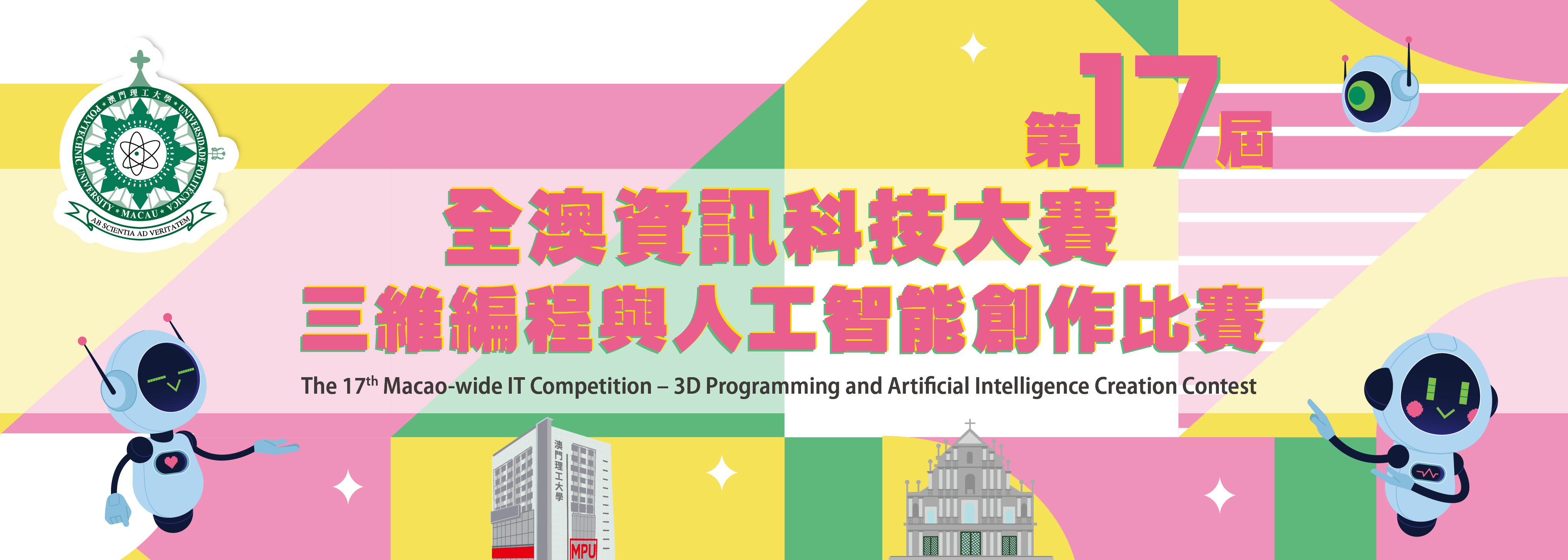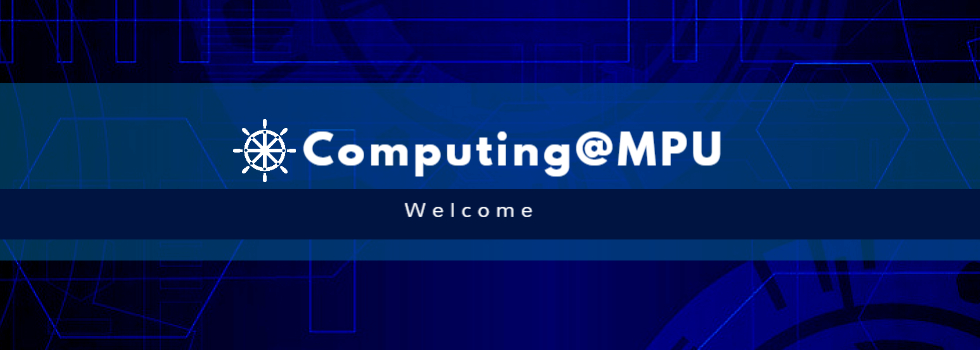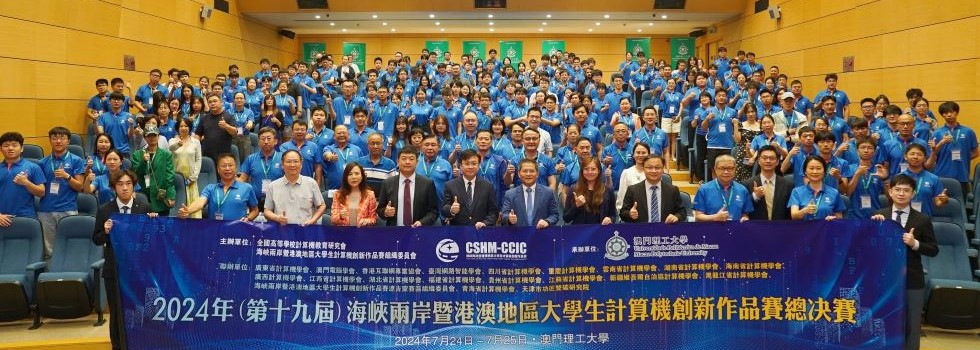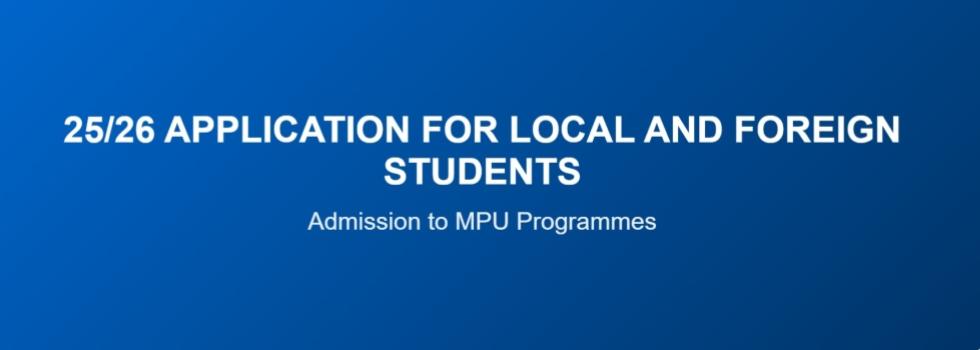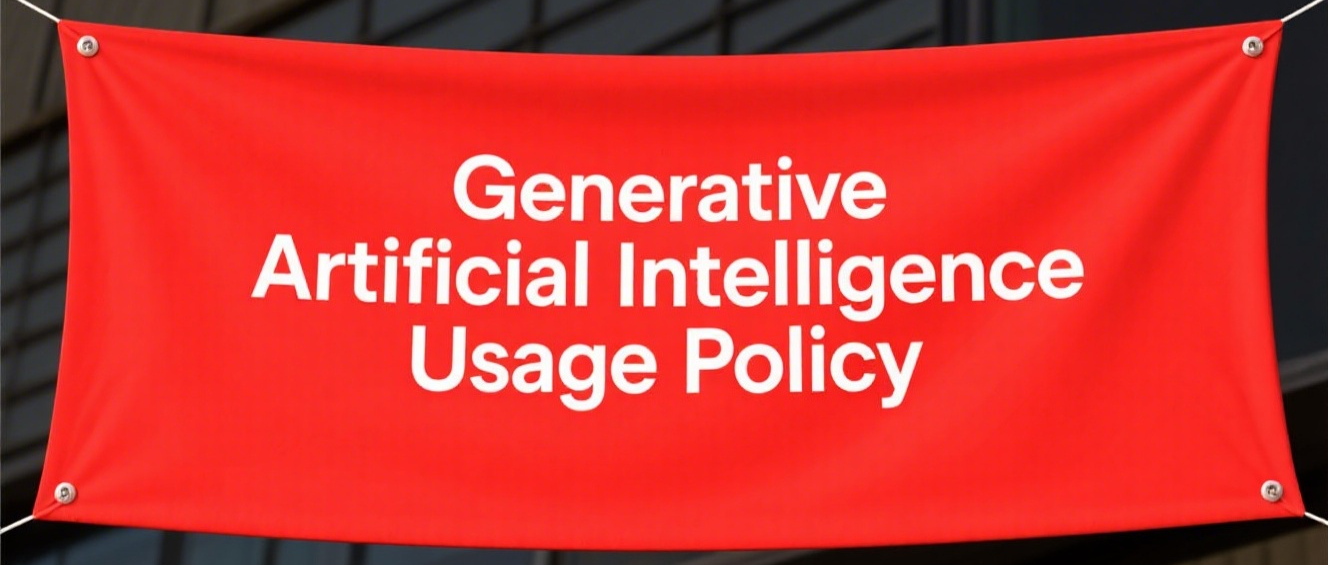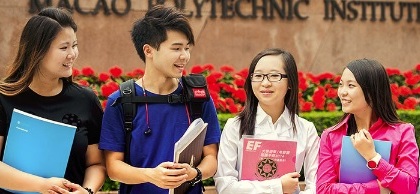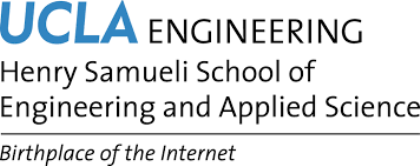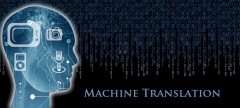The design of the Bachelor of Science in Computing Programme aims at providing a sound practical knowledge of computing fundamentals and a thorough understanding of the analytical, design, and planning skills associated with the computing profession, to provide students with the means to compete successfully in the job market as well as to develop their academic competences in pursuing further studies. To broaden the participation of students in their communication with the global IT community, the Programme promotes internship, joint student projects with organisations, student activities, and overseas exchanges. Regular seminars, competitions and social gatherings are also held to enhance peer learning among students and further study opportunities.
Three streams of specialisation offered to students are Enterprise Information Systems, Gaming Technology and Computer Education. Students are expected to start their specialisation in the first semester of year 3. Upon completion of the Bachelor of Science in Computing Programme, students should be able to pursue further study and achieve the following (1-16):
- Select and apply proven methods, tools and techniques to the effective and efficient implementation of information systems;
- Evaluate computer systems in a local area network, and understand the additional requirements for connection to other networks through wide area networks;
- Be competent in system development in the Internet and the web platform;
- Work independently to design and implement a relational database, with an emphasis on how to organise, maintain and retrieve information from a DBMS;
- Acquire essential knowledge in specific fields of computing disciplines including multimedia, security and artificial intelligence;
- Acquire the perceptive skills needed to understand information presented in the form of UML diagram, flow chart or other industry standard formats;
- Understand the need for and use of the necessary mathematical techniques;
- Work independently to develop an understanding of, and the knowledge and skills associated with the general support of computer systems and networks;
- Work as an effective member of a team in the analysis, design and development of software systems;
- Use project planning and management techniques in systems development;
- Understand the fundamental and operational issues of computer systems in business environments;
- Equip with adequate written, oral communication and interpersonal skills;
- Build the capacity and desire for lifelong learning and to learn advanced and emerging technologies on one's own;
For the Enterprise Information Systems specialisation, - Gain an in-depth understanding of the information technology related to enterprise information systems, with an emphasis on development of such systems to support business processes;
For the Gaming Technology specialisation, - Acquire the general and advanced knowledge of current technologies and operating environment in the gaming industry.
For the Computer Education specialisation, - Acquire the general and advanced knowledge of computer education and its practicing environment in secondary education.
Generic key and transferrable skills
When students graduate from our programme, they should have gained generic key and transferrable skills. These skills are required by students entering employment from university in order to enable them to function more effectively in the world of work and in life generally. We expect our students to be able to gain these skills through developing the following attributes during their studies on the Computing Programme– we call this group of skills Graduate Attributes:
- Knowledge Base
Have the basic skills and knowledge (Computer Science / Information Technology, problem solving skills, analytical skills, communication skills and flexibility) necessary for a successful career in Computer Science/Information Technology.
- Application
Have the ability to apply knowledge of Computer Science fundamentals, including programming, computer and data structures, database and computer networks. Are able to design complex systems involving both hardware, software and networks, using software engineering techniques.
- Acquisition
Have the ability to accept new ideas and to learn independently in the acquisition of new knowledge and skills.
- Creativity
Be innovative and creative, adaptable and able to guide developments in their careers/professions.
- Communication
Have the ability to communicate effectively, not only with other computer scientists, but with the community at large on information technology issues.
- Teamwork
Have the ability to contribute effectively as members of multi-disciplinary and multi-cultural teams, with the capacity to be leaders or managers as well as effective team members.
- Ethical
Have an appreciation of professional conduct and ethical issues pertinent to the information technology industry.
These qualities are some of the outcomes of education at the Computing Programme that allow our graduates to excel in the world of work and contribute as leaders and agents of social good in our society. As a university community in Macao, through our programme objectives/goals, we seek to foster the development of these attributes, through students participation in the rich intellectual and social life at the Institute, through the learning experiences of their modules and the diverse extracurricular activities available.

